 |
| Ambassador Tran Duc Binh, Director of the ASEAN Department, Ministry of Foreign Affairs , answered the press about the outstanding results of the 58th ASEAN Foreign Ministers' Meeting (AMM-58) and related meetings. |
Ambassador, could you please tell us the results of the 58th ASEAN Foreign Ministers' Meeting (AMM-58) and related Ministerial Meetings from July 8-11 in Malaysia?
The Foreign Ministers' Meetings take place at a special time, both in terms of the regional context and new developments within ASEAN itself.
We are witnessing a world full of changes, intertwined with both challenges and opportunities. Internally, ASEAN is entering a new phase of development, implementing the ASEAN 2045 strategic documents to guide cooperation, deep integration and development of the ASEAN Community. The decision to admit Timor-Leste in October will expand the strategic space for the region. In that context, more than 20 ministerial-level activities have been successful in all three aspects: strengthening intra-bloc solidarity, deepening cooperation with partners, and enhancing ASEAN's role in the regional and global architecture.
The first important mark is the strong affirmation of the everlasting value of ASEAN solidarity. Solidarity is not only a continuation of tradition, but also a true strength and compass that guides ASEAN to overcome all differences, respond to challenges and stand firm in the face of difficulties. All ASEAN countries emphasize solidarity as a prerequisite for ASEAN to maintain strategic autonomy, not be caught up in the vortex of great power competition, and proactively adapt to an uncertain world. A series of cooperation frameworks, from the ASEAN Community Vision 2045 to specific initiatives such as the ASEAN Power Grid, the ASEAN Digital Economy Framework Agreement, upgrading the ASEAN Trade in Goods Agreement, and connecting supply chains, demonstrate ASEAN's efforts and determination to master and shape the future of the region.
Another highlight of these Summits was the consistent support for ASEAN centrality. The fact that partners from all over the world converged in the region continues to be the clearest demonstration of the vitality and value of ASEAN-led mechanisms.
All partners expressed their long-term commitment to ASEAN, wishing to foster substantive development of relations with ASEAN. This is demonstrated first of all in the negotiation, review and upgrading of FTAs between ASEAN and partners such as China, Australia, New Zealand, India, South Korea and Canada, contributing to strengthening the open and rules-based multilateral trading system. Most cooperation initiatives focus on new growth areas such as digital transformation, renewable energy, science and technology, innovation, reflecting the capacity to adapt, and showing that ASEAN has received the trust of partners, opening up opportunities for cooperation to create an inclusive and sustainable future. The decision on strengthening foreign relations adopted by ASEAN Ministers on this occasion is a timely step, aiming to optimize the role and complementarity between ASEAN mechanisms, in line with ASEAN's strategic priorities.
The 16th Mekong-Japan Foreign Ministers' Meeting and the 13th Mekong-Korea Foreign Ministers' Meeting took place on this occasion, reaffirming the partners' commitment to considering the Mekong sub-region a priority in foreign policy. Notably, the countries agreed to resume the Mekong-Japan Summit and continue to discuss the possibility of resuming the Mekong-Japan Summit later this year. Cooperation areas such as investment in transport infrastructure, digital human resource development, application of technology and artificial intelligence in water resource management, smart agriculture and early warning of natural disasters, continued to be concretized, bringing practical benefits to businesses and people. The organization of these Conferences within the framework of the 58th AMM shows that sub-regional cooperation is closely linked to the process of building the Community and ASEAN's foreign relations, contributing to strengthening more effective cooperation between ASEAN and its partners.
Finally , ASEAN’s efforts to contribute more to global agendas, shifting from a participant role to proactively shaping the rules of the game. ASEAN’s common voice on regional and international issues, from the East Sea, Myanmar to trade, climate change, energy security continues to be promoted, affirming ASEAN’s leading role in promoting multilateralism and compliance with international law. The Treaty of Amity and Cooperation in Southeast Asia continues to expand its membership, with Uruguay and Algeria joining this year, demonstrating the importance that partners attach to ASEAN, and ASEAN’s role extends beyond the region.
Ambassador, please tell us about Vietnam's participation and contribution at the Conferences?
The Vietnamese delegation led by Deputy Prime Minister and Minister Bui Thanh Son attended and made many important contributions to the success of the Conferences, demonstrating a spirit of initiative, responsibility and leadership.
First of all, Vietnam's proactive spirit right from the preparation stage to attending the Conference, working with other countries to develop documents, shape the agenda according to the theme "Inclusive and Sustainable", promoting priorities in line with current development trends. The orientations that the Deputy Prime Minister and Minister shared at the Conferences both closely followed the practical requirements and common concerns of the region, and linked and supported the country's socio-economic development goals, such as economic growth, diversification of trade relations, investment and supply chains, market expansion, science and technology development and innovation.
Specifically, the Deputy Prime Minister and Minister emphasized that ASEAN needs to prioritize maintaining regional growth momentum in a volatile context, strengthening intra-bloc linkages and expanding inter-regional connectivity, making digital transformation and innovation new pillars of cooperation, and building a people-oriented community through a communication strategy on “real people, real events” stories of people, businesses and localities.
Second, Vietnam's responsible contribution to strengthening ASEAN's solidarity and consensus, especially the Deputy Prime Minister and Minister's message on ASEAN's role as a "beacon of peace". In the current volatile context, this message is important to ASEAN, the region and the world. After nearly 60 years of existence and development, ASEAN has affirmed itself as a model regional organization in solidarity, dialogue and cooperation. ASEAN's success on the basis of common principles and norms of conduct continues to inspire and strengthen confidence in multilateralism, promoting a rules-based international order. Vietnam has exchanged goodwill with other countries on many international and regional issues such as the East Sea and Myanmar; thereby, contributing to strengthening ASEAN's principled stance and central role in the regional structure.
On this occasion, the Deputy Prime Minister and Minister attended the 4th Conference on Cooperation among East Asian Countries for the Development of Palestine (CEAPAD IV), affirming Vietnam's responsibility and contribution in participating in handling international issues.
Third, Vietnam's effective leadership role. This is demonstrated by co-chairing two ASEAN Foreign Ministers' Meetings with the UK and New Zealand. In its role as coordinator of the relationship, Vietnam has actively consulted and proposed new directions, linking ASEAN's priorities and concerns with the strengths of its partners such as trade, digital economy, science and technology, small and medium enterprise development, and transnational crime prevention; thereby, concretizing the content of cooperation and bringing the relationship into reality.
At the cooperation frameworks between ASEAN and other partners, the Deputy Prime Minister and Minister emphasized that promoting economic cooperation is an important driving force, suggesting effectively utilizing signed FTAs, working with other countries to promote the principles of open, free, fair trade and strengthen the multilateral trade system based on rules.
Within the framework of sub-regional cooperation, the Deputy Prime Minister and Minister also successfully co-chaired the Mekong-Japan and Mekong-Korea Foreign Ministers' Meetings, promoting Vietnam's core role and proactively proposing practical initiatives. The motto of "new thinking, new methods, new approaches" in Mekong-Japan cooperation and the motto of "working together, enjoying together, winning together, developing together" in Mekong-Korea cooperation proposed by the Deputy Prime Minister and Minister were supported and highly appreciated by the Mekong countries and partners, contributing to bringing new vitality to sub-regional cooperation.
Source: https://baoquocte.vn/dai-su-tran-duc-binh-vu-truong-vu-asean-tra-loi-phong-van-ve-ket-qua-hoi-nghi-bo-truong-ngoai-giao-asean-58-va-cac-hoi-nghi-lien-quan-320706.html




![[Photo] National Assembly Chairman Tran Thanh Man holds talks with New Zealand Parliament Chairman](https://vphoto.vietnam.vn/thumb/1200x675/vietnam/resource/IMAGE/2025/8/28/c90fcbe09a1d4a028b7623ae366b741d)
![[Photo] General Secretary To Lam attends the opening ceremony of the National Achievements Exhibition](https://vphoto.vietnam.vn/thumb/1200x675/vietnam/resource/IMAGE/2025/8/28/d371751d37634474bb3d91c6f701be7f)
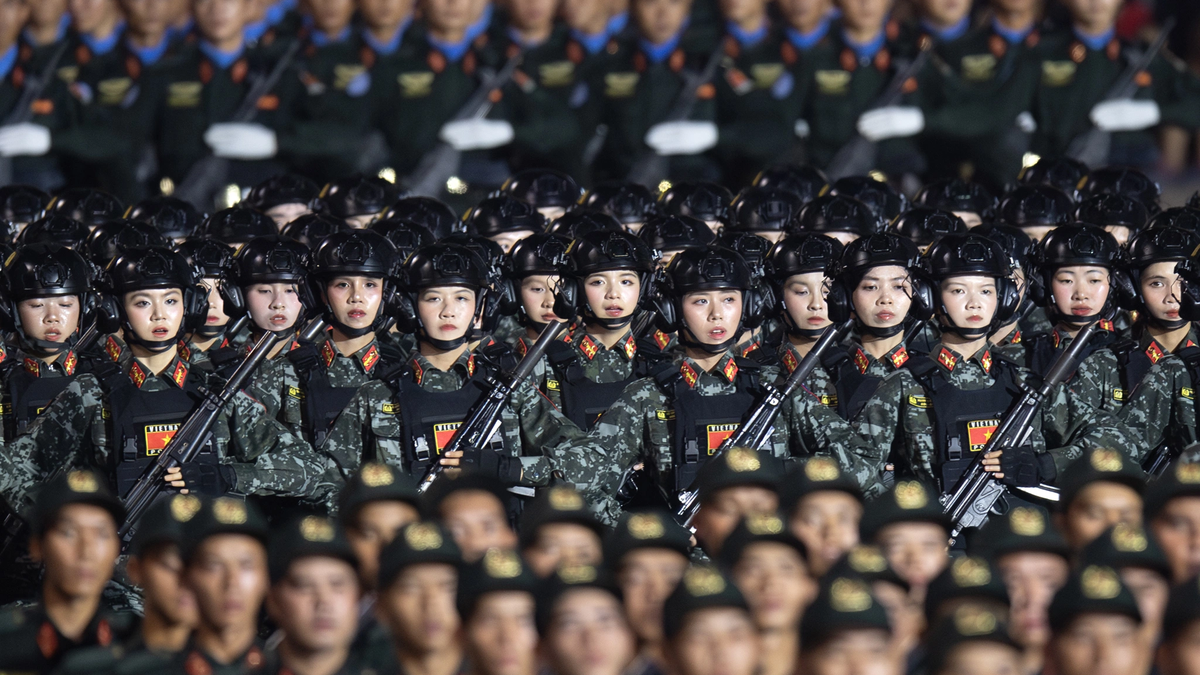
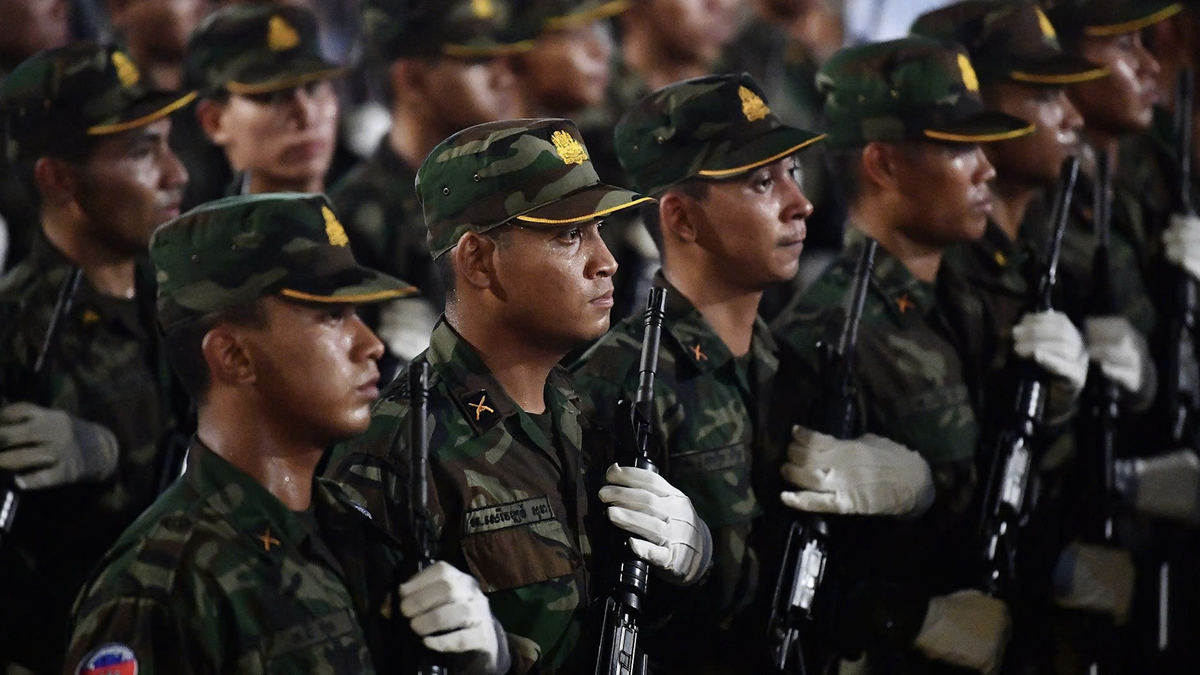











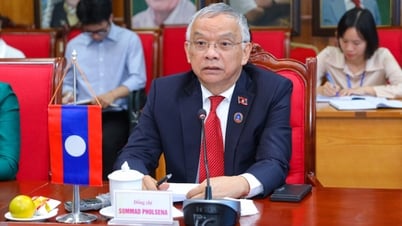
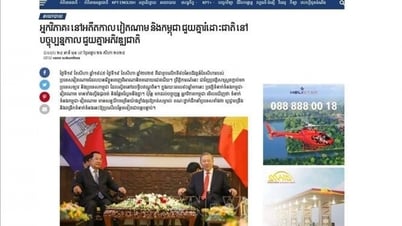
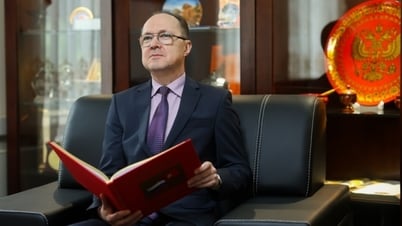
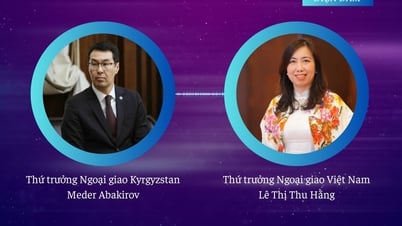
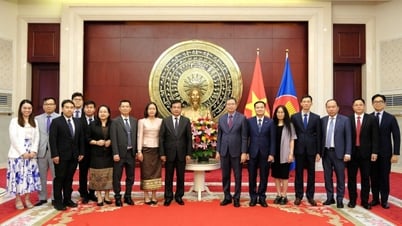
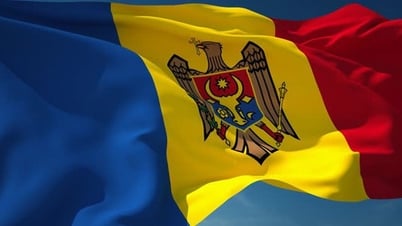





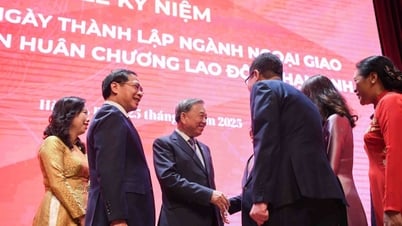


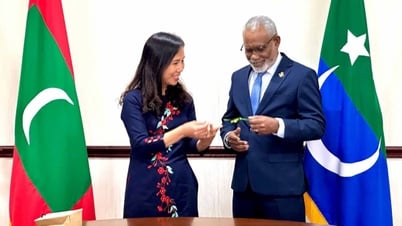
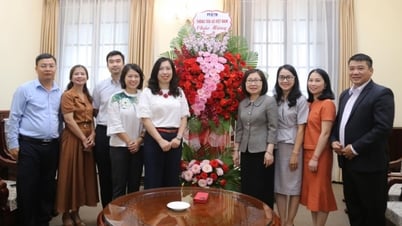
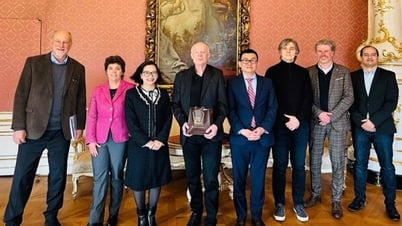
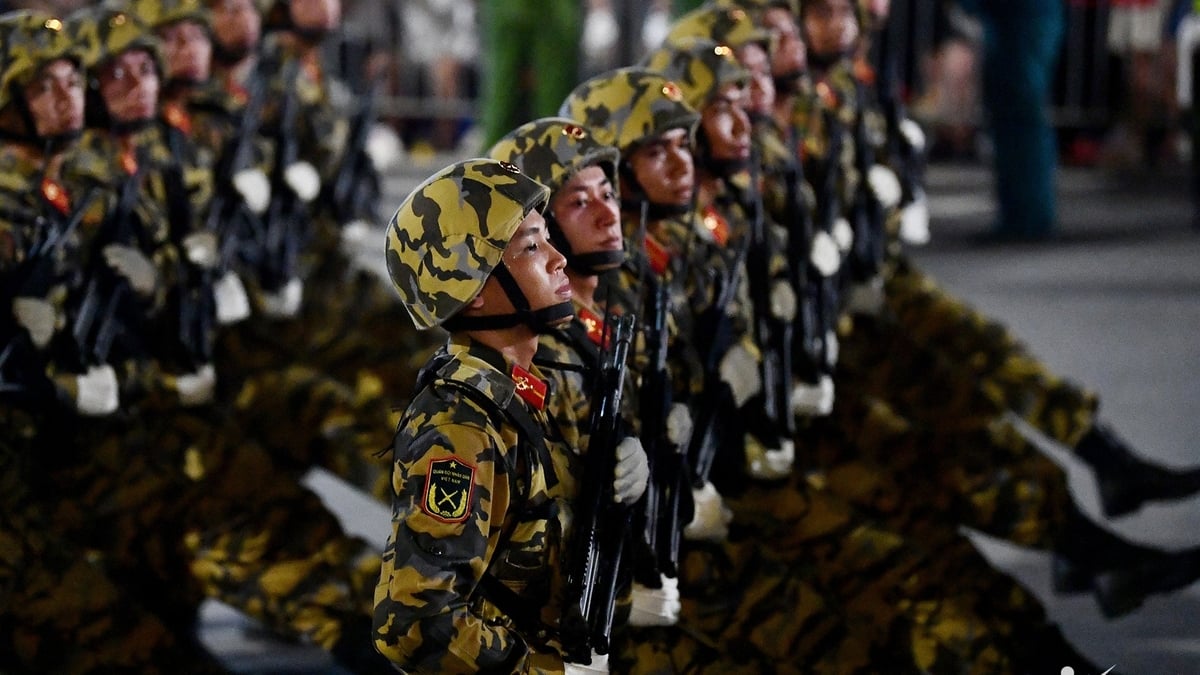























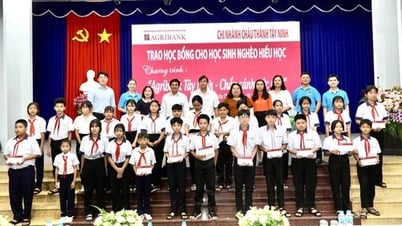


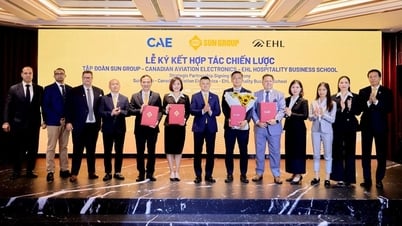











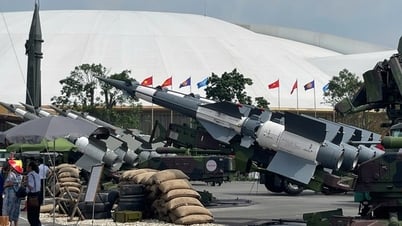

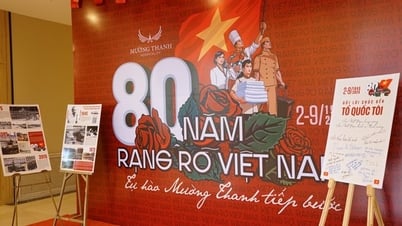
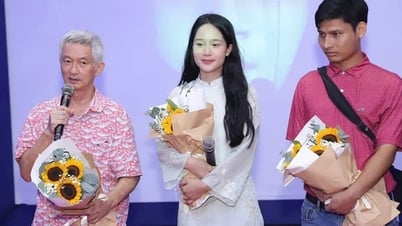

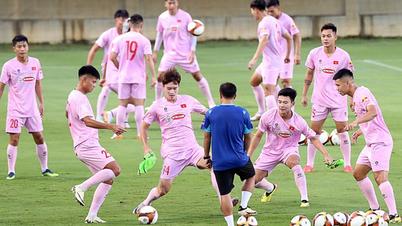

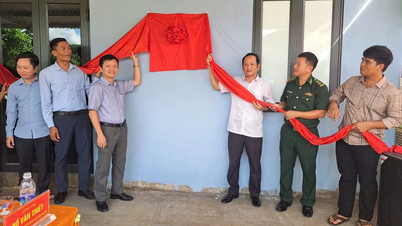

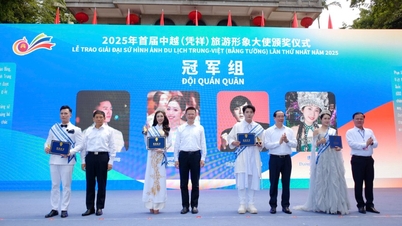

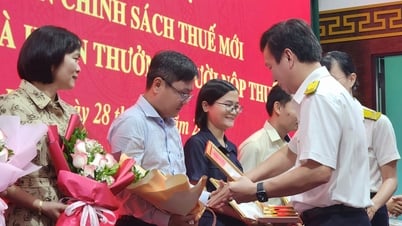

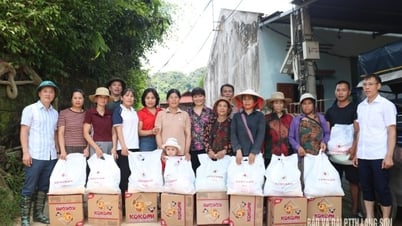
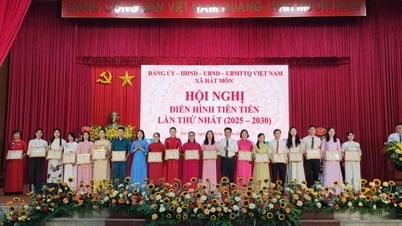

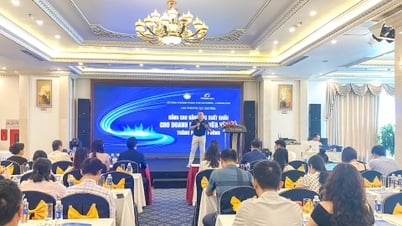











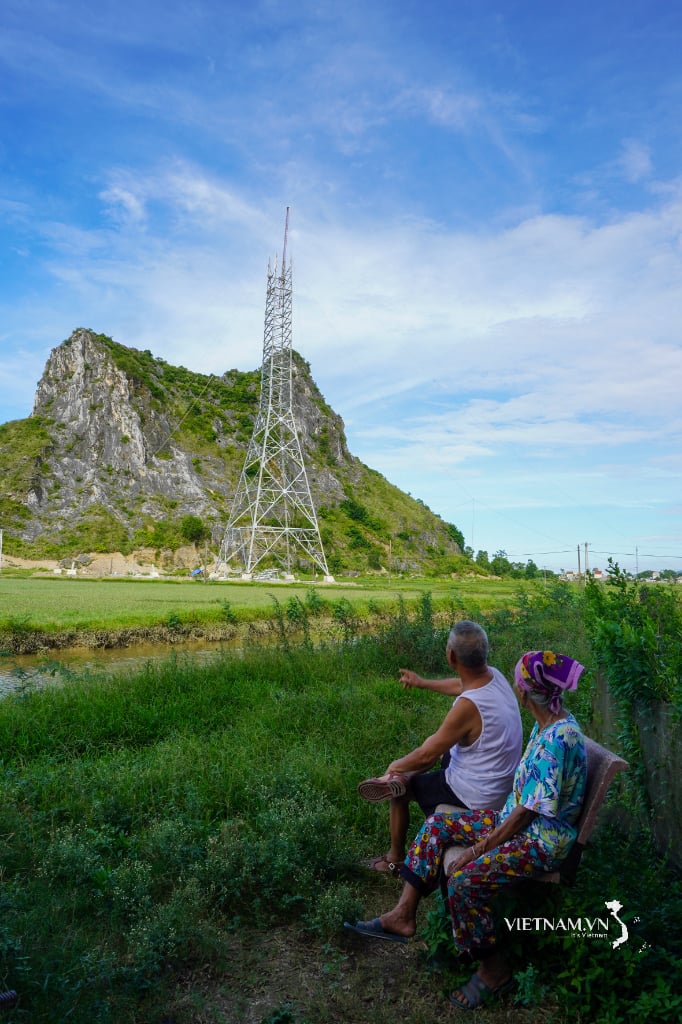

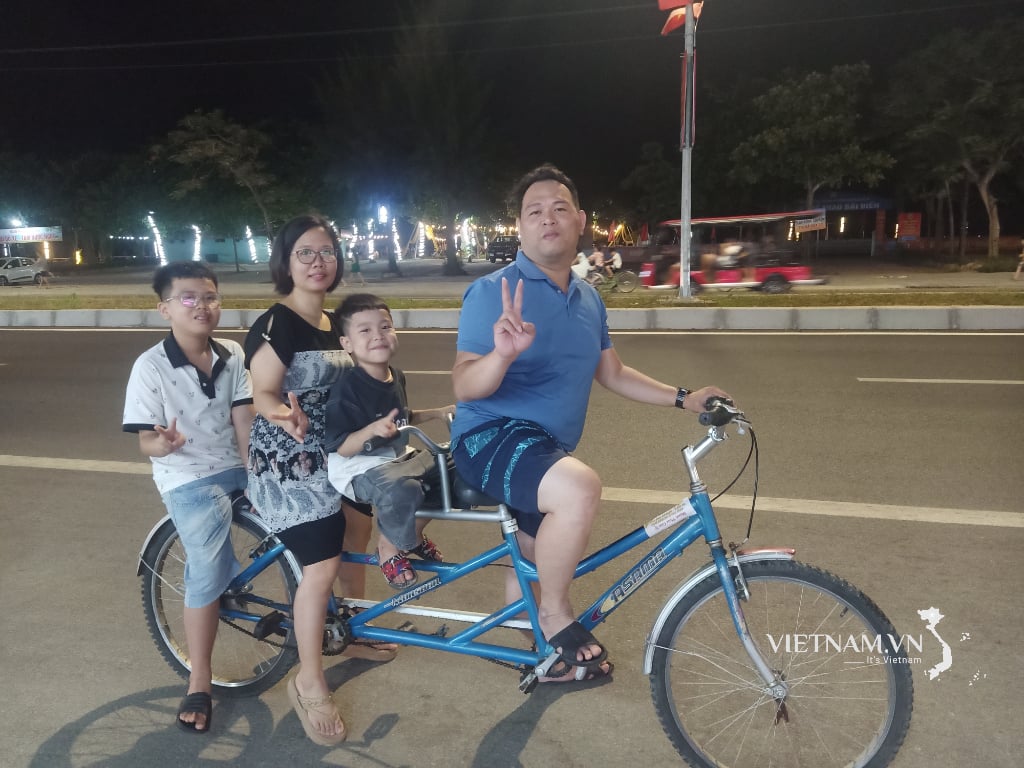

Comment (0)